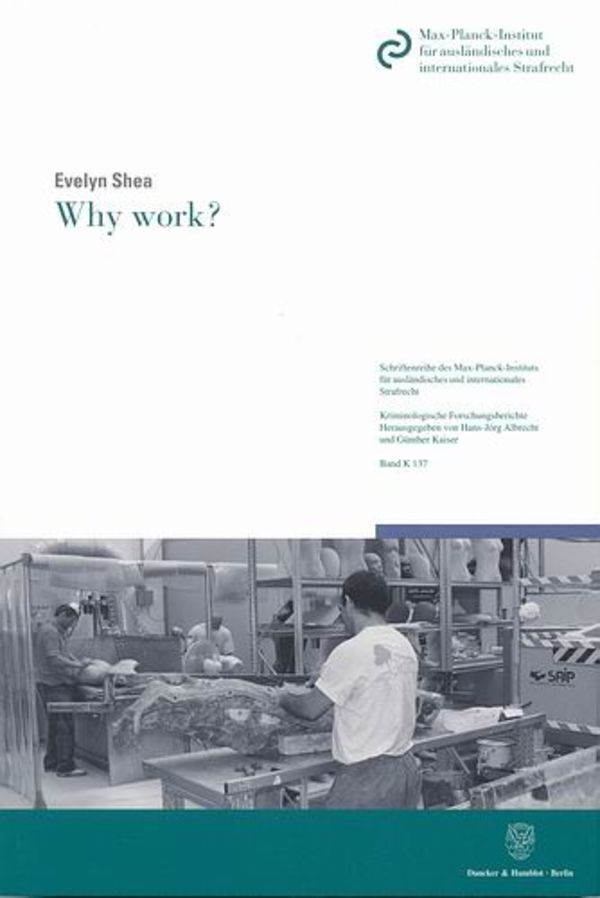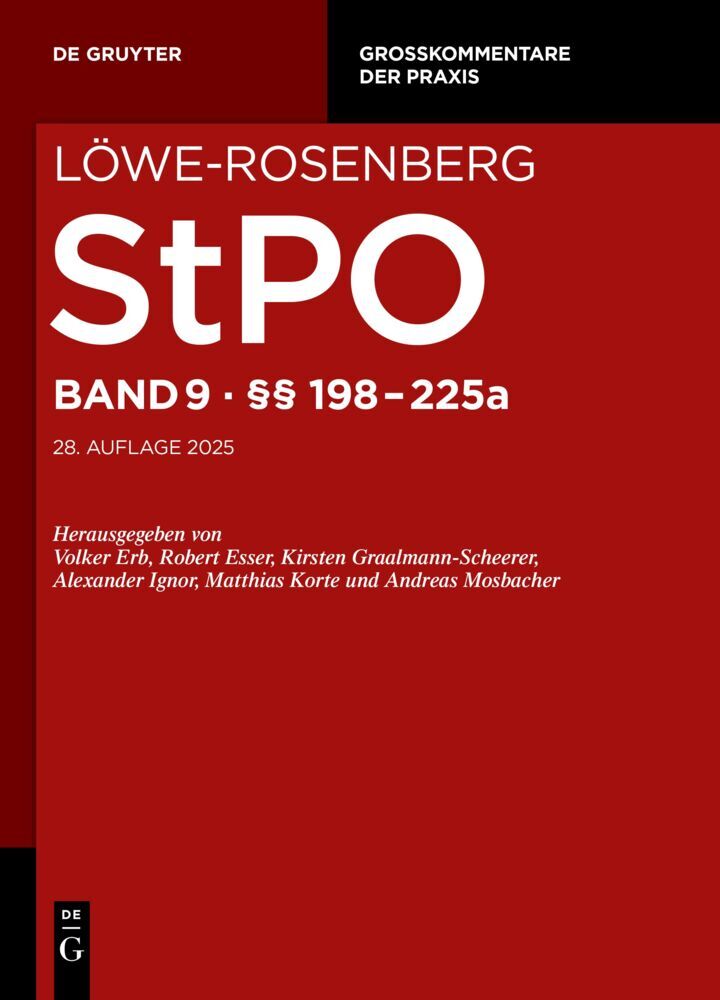Why work?
A Study of Prison Labour in England, France and Germany.
Why work?
A Study of Prison Labour in England, France and Germany.
Prison labour, the traditional backbone of regime activities, has come under attack in several European countries. Workshops seem unable to impart the skills needed for a successful integration into the labour market, given that less than 25 per cent of inmates find stable employment upon release. The economic performance of workshops is also decreasing; several are even operating at a loss. The question has become: Is prison labour an inefficient and expensive activity that should be reduced in favour of better alternatives?
Based on a field study in nine long-term establishments in England, France and Germany, the author stresses the importance of work for the rehabilitation of inmates and the safe management of prisons, and shows where improvements are possible. Her balanced account of the difficulties but also of the innovative solutions proposed by the three countries will be helpful to administrators, workshop managers, inmates and anyone interested in prisons.
From the content:
Based on a field study in nine long-term establishments in England, France and Germany, the author stresses the importance of work for the rehabilitation of inmates and the safe management of prisons, and shows where improvements are possible. Her balanced account of the difficulties but also of the innovative solutions proposed by the three countries will be helpful to administrators, workshop managers, inmates and anyone interested in prisons.
From the content:
PART 1: The Foundations of Prison Labour: Chapter 1: The Aims of Work in Prison: The Official Aim: Rehabilitation - Implicit Aims - Controversial Missions - Chapter 2: The Guiding Principles: The Principle of Normalisation - The Limits of Normalisation - PART II: The Framework of Prison Labour: Chapter 1: The Organisation of Work: The Legal Organisation - The economic organisation of Prison Industries - Chapter 2: The legal status of working inmates: Refusing Employee Status - Partial Extension of Rights and Benefits - PART III: Work and Training in Nine Prisons: Chapter 1: Nine Prisons - Nine worlds: Method of Inquiry - The choice of establishment - The Inquiry - The French Establishments - The German Prisons - English Prisons - Chapter 2: Prison Labour Seen From the Inmates'Point of View: Previous Work Record and Actual Motivation - The Link between Work in Prison and Professional Reintegration - Reform Proposals - PART IV: Challenges: Chapter 1: Obstacles and Constraints: Material and Structural Constraints - Constraints Linked to External Economic Transformations - The human element - Chapter 2: Difficult Reforms: Recent reform proposal - Resistance to Reforms - Conclusion - Bibliography
Shea, Evelyn
| ISBN | 9783428126897 |
|---|---|
| Artikelnummer | 9783428126897 |
| Medientyp | Buch |
| Copyrightjahr | 2008 |
| Verlag | Duncker & Humblot |
| Umfang | XIV, 181 Seiten |
| Abbildungen | Tab.; XIV, 181 S. |
| Sprache | Englisch |











